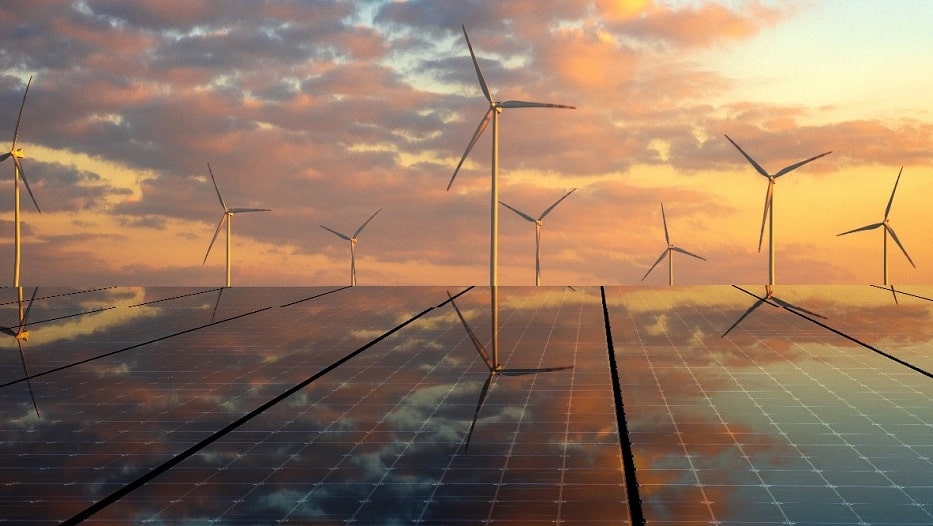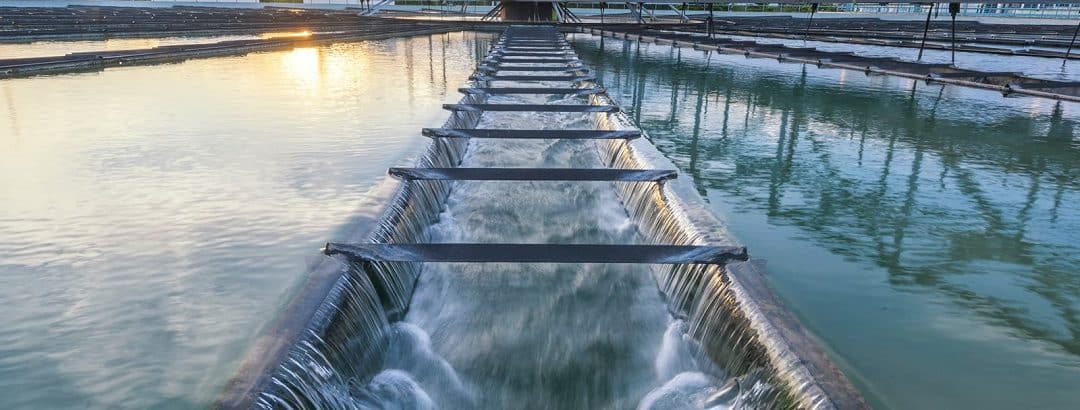Raquel Lopez Ocal | 10/05/2023
The region has the potential to lead the transition to a greener world thanks to the variety of natural resources that its great geography harbors. To do so, significant challenges must be faced, such as encouraging investment or creating strategic structures.
For years, Latin America has been advancing the development of different clean energy-related industries, supported by a privileged geographic situation in natural resources and with a global commitment to establishing policies and programs for sustainability. This transformation could also generate significant economic momentum by favoring job creation and attracting foreign investment.
“Latin America has a very interesting situation because it is an area with multiple complementary sources of electricity generation between different countries. In addition, it is the ‘greenest’ region in the world, given that in its primary matrix it has 32% renewable energy, when in the rest of the world it is about 16%,” explains the new Executive Secretary of the Latin American Energy Organization (OLADE), Chilean economist Andrés Rebolledo.
The current Latin American situation
The main source of renewable energy generation in the region is hydroelectricity, which uses the power of moving water to produce electricity. This process begins with building a dam on a river that forms a reservoir, so it does not emit greenhouse gases or other pollutants, making it a clean, environmentally friendly form of energy.
Today, Latin America is a global leader in generating this energy, with huge water resources and a topography suitable for the construction of hydroelectric power plants, with Brazil being the country with the highest installed capacity thanks to its large rivers such as the Amazon, the Paraná and the Tocantins. Other countries in the region that have also advanced in this area are Colombia, Argentina, Chile, Peru and Mexico.
“Apart from hydroelectricity, unconventional renewables, particularly solar and wind, have also grown significantly in recent times. All regional countries are in a different energy transition and at different rates, but all of them share the perspective that by the period between 2040 and 2050 they should reach the net zero goal,” the economist said.
On the projects, the expert points out that the main growth sector today is solar and wind energy, where some countries are making huge efforts to develop their green hydrogen industries. Specifically in places such as Chile, Argentina, Brazil, Colombia or Uruguay, significant investments are being made in this type of energy source, as well as pilot projects for its application in sectors such as transportation or industry.
OLADE also underscores the regional push to “decarbonize transport”, which would reduce greenhouse gas emissions and improve air quality, a must in cities such as Lima or Santiago, Chile, which are among the most polluted in the world. To do this, the use of electric vehicles and the installation of infrastructure in charge, an enabling variant to develop electromobility worldwide, are increasingly expanding.
Big challenges going forward
Latin America has great potential to develop renewable energy, and some countries are already working on plans to export it. For example, the project that envisages the construction of a 1,200-kilometer transmission line to transport solar energy from northern Chile to Argentina, or the hydroelectric power project that seeks to connect the electricity grids of Brazil and Uruguay through a high-voltage transmission line.
Given this potential market, the expert points to the progress they are making since the creation of the Electrical Interconnection System of the Countries of Central America, known as SIEPAC. This electric transmission network connects six countries in that area (Guatemala, El Salvador, Honduras, Nicaragua, Costa Rica and Panama) generating a significant electrical exchange between them and, therefore, exports into that region.
But despite all the qualities that make Latin America a region that could lead this energy transition, there are also significant challenges to be faced. “The main ones are related to the lack of financing to start the projects and the absence of a stable regulatory framework, to which the lack of technological material and qualified personnel specialized in this sector is added,” he says.
In terms of other strengths, the Chilean notes harmony between the surrounding countries that helps them advance in terms of integration, especially because they are highly complementary economies with different energy resources. In this sense, he highlights how connectivity through energy infrastructure is clearly one of the best and most favorable developments we could have for the economic development of the region.
Finally, Rebolledo talks about the outlook for the OLADE presidency, where he believes that “the biggest challenge has to do with energy security, an issue that he hopes will be resolved as regional energy integration progresses”. In addition, they are working on “accelerated technological changes and energy innovations such as green hydrogen, electromobility or network digitization,” he concludes.
Contributor to this article:
 Andrés Rebolledo Smitmans is the current Executive Secretary of the Latin American Energy Organization (OLADE) for the period 2023-2025. The Chilean economist has had an extensive professional career of more than 30 years where, among other positions, he served as Chile’s Minister of Energy, Chairman of the National Petroleum Company and consultant at the Inter-American Development Bank (IDB) and other international organizations.
Andrés Rebolledo Smitmans is the current Executive Secretary of the Latin American Energy Organization (OLADE) for the period 2023-2025. The Chilean economist has had an extensive professional career of more than 30 years where, among other positions, he served as Chile’s Minister of Energy, Chairman of the National Petroleum Company and consultant at the Inter-American Development Bank (IDB) and other international organizations.
If you find this interesting, we recommend the interview we conducted with the former OLADE executive secretary, Alfonso Blanco: “In terms of renewable energy, our region has enormous potential, much of which has not yet been exploited”.





